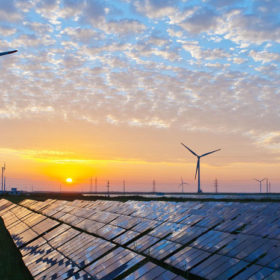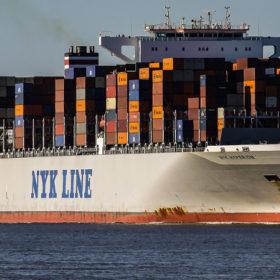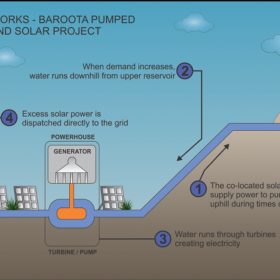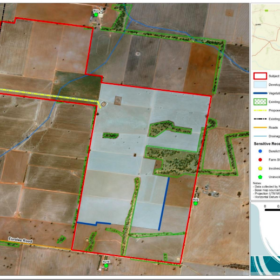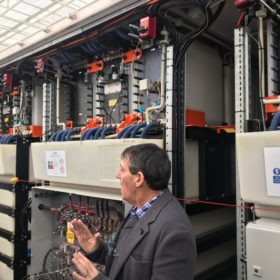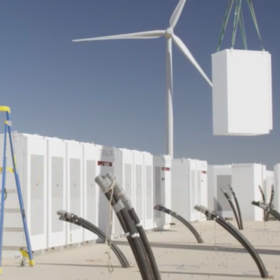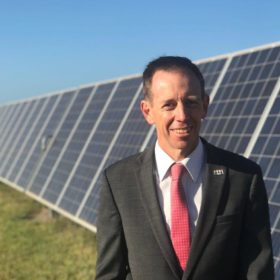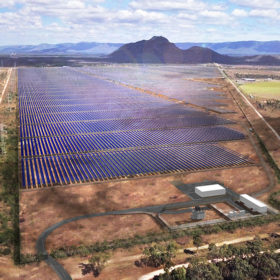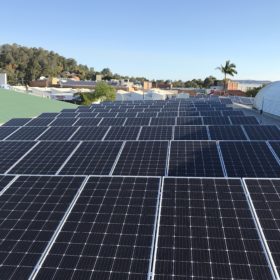With AEMO consultations and amendments complete — let ISP 2019-20 begin!
The conclusion of AEMO’s 2019 planning and forecasting consultation brings revised approaches to the 2019-20 Integrated System Plan: three new renewable energy zones reflect resource and generator interest; the forecasting of distributed energy resources has been reframed; and a fifth and critical planning scenario has emerged.
Lithium-ion batteries are (still) headed for tariffs as of September 1
The energy storage market is set to be the latest affected by Trump’s trade war, and lithium-ion batteries were not included in a group of Chinese imports where tariffs will be delayed until December 15.
UPC/AC Renewables invest in 550 MW of pumped hydro and solar in South Australia
AC Renewables, the energy arm of Philippines’ Ayala Corp, and Australia’s UPC Renewables have agreed to buy 51% in a 250 MW pumped hydro project and a neighboring 300 MW solar project, both located in South Australia.
Car industry copper demand to surge 250% due to EVs
By considering use of the metal in charging infrastructure, analyst Wood Mackenzie has found higher demand from the mobility sector than is the case if only the volume of the material required for vehicle construction is examined.
Ib vogt launches EPC works on 109 MW NSW solar project
The German developer and EPC contractor has reached the final development milestone on a solar and battery project in the Riverina region and moved into construction phase.
Australia’s biggest behind-the-meter energy storage officially launched
Victoria’s Monash University has unveiled the nation’s largest hybrid battery storage system as part of a microgrid that will cover 100% of power needs at its biggest campus with renewable energy.
Neoen gets green light for PV-wind-battery hub in South Australia
French renewables developer Neoen has won development approval from the South Australian government for a major renewable energy project, comprising 125 MW of wind generation, 150 MW of solar PV generation and 130MW/400MWh of lithium-ion battery storage. The project could also integrate up to 50 MW of on-site hydrogen production capability.
Australian Capital Territory announces grant recipients for battery storage rollout
The grant recipients for the fourth phase of the Next Generation Energy Storage program have been announced. Launched in 2016, the $25 million program is supporting the roll out of up to 36 MW of smart battery storage.
ESCO Pacific’s 70 MW NSW solar project gets connection go-ahead
The Australian utility-scale solar developer has reached the final development milestone on a solar and battery project near West Wyalong in the Riverina region.
CleanPeak expands its solar shopping-centre portfolio with acquisition of ReNu
On Friday, ReNu Energy signed an agreement for the sale of its solar assets, including Shopping Centres Australasia arrays, to commercial-rooftop-solar startup CleanPeak Energy.
